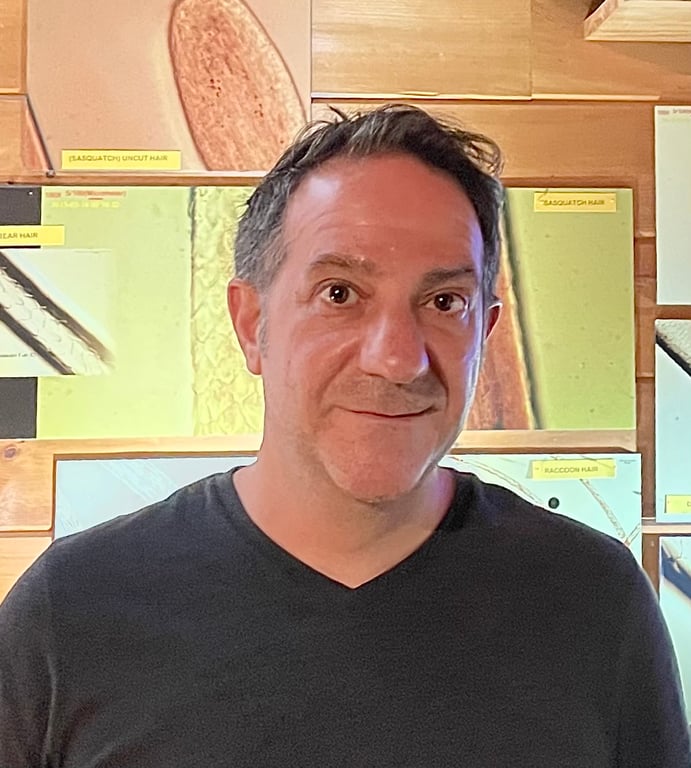





The course teaches students comprehensive and specialised subjects in theology; it develops skills in critical thinking and analysis. By exposing students to both the broad themes of theology, philosophy and specialised topics and key historical figures, students will gain an advanced understanding of the field.






Independent study can play a vital role in a student’s education. Independent study allows the student to explore a topic of interest under the close supervision of a faculty member who has agreed to direct the student’s work. The module may include directed readings, applied work, assisting the faculty member with a research project, carrying out an independent research project, or other activities deemed appropriate by the supervising faculty member and academic board. Regardless of the nature of the experience, the work must culminate in a formal paper.








This module explores the unconscious act by examining theories of repetition put forth by psychoanalysts and philosophers over time. To understand the mechanisms at work, we first review Freud’s writings on the unconscious, as well as his theories of remembering, repeating, and working through unconscious material. We survey philosophers who came before him who arguably influenced his thinking, including Nietzsche and Schopenhauer. Students then will examine theories of the unconscious and repetition in Lacan and Deleuze, and expound upon them via philosophers of the Ljubljana school. We discuss the act in theatre and film and the ways in which unconscious dynamics are mirrored and re-enacted therein. We conclude by reviewing modern writings on the unconscious in the digital age, bringing psychoanalytic philosophy to the present day as we look at the ways in which psychoanalytic thinking may help us understand our current culture and theology, as well as conversely how the digital age allows for a better understanding of psychoanalytic theory and practice.











































The module will introduce the student to the key concepts and ideas within the academic subject, “Philosophical Theology” broadly construed. The field of philosophical theology emerged in the wake of a dispute between the relationship between reason and faith relative to truth claims about the world and other transcendent phenomena. This module will unfold in the following three phases:
The origins of philosophical theology (the late mediaeval period to early modern)
Theology in the wake of the Enlightenment (17th-20th Century)
Contemporary theology within the postmodern epoch (20th-21st Century) Part 1 will begin by examining truth claims made by Christian philosophers and theologians, especially Augustine of Hippo, Thomas Aquinas, William of Ockham, and Duns Scotus vis-a-vis articles of faith. We will critically examine the epistemological apparatus of these claims in hopes to shed light on justification of belief. Part 2 will move from the scholastic mode of dialectical reasoning to the foundational mode established through the French figure Rene Descartes. This module will carefully examine Descartes' method of thinking and reasoning. We will further relate this “method” of thinking to the foundations of the European Enlightenment. Part 3 will move into the 20th and 21st Century and examine the rise of “Radical Theology” within the North American and European contemporary context. This section of Radical Theology will offer an historical and contextual overview of the various streams in radical theological thought. The seminar will also address the potentials and possibilities Radical Theology offers those who are interested in redefining faith and community life in the 21st century.








The module will introduce the students to the key concepts and ideas that
have given rise to Radical Theology, offering an historical and contextual
overview of the various streams in radical theological thought. The module will also address the potentials and possibilities Radical Theology offers to those who are interested to redefining faith and community life in the 21st century.








